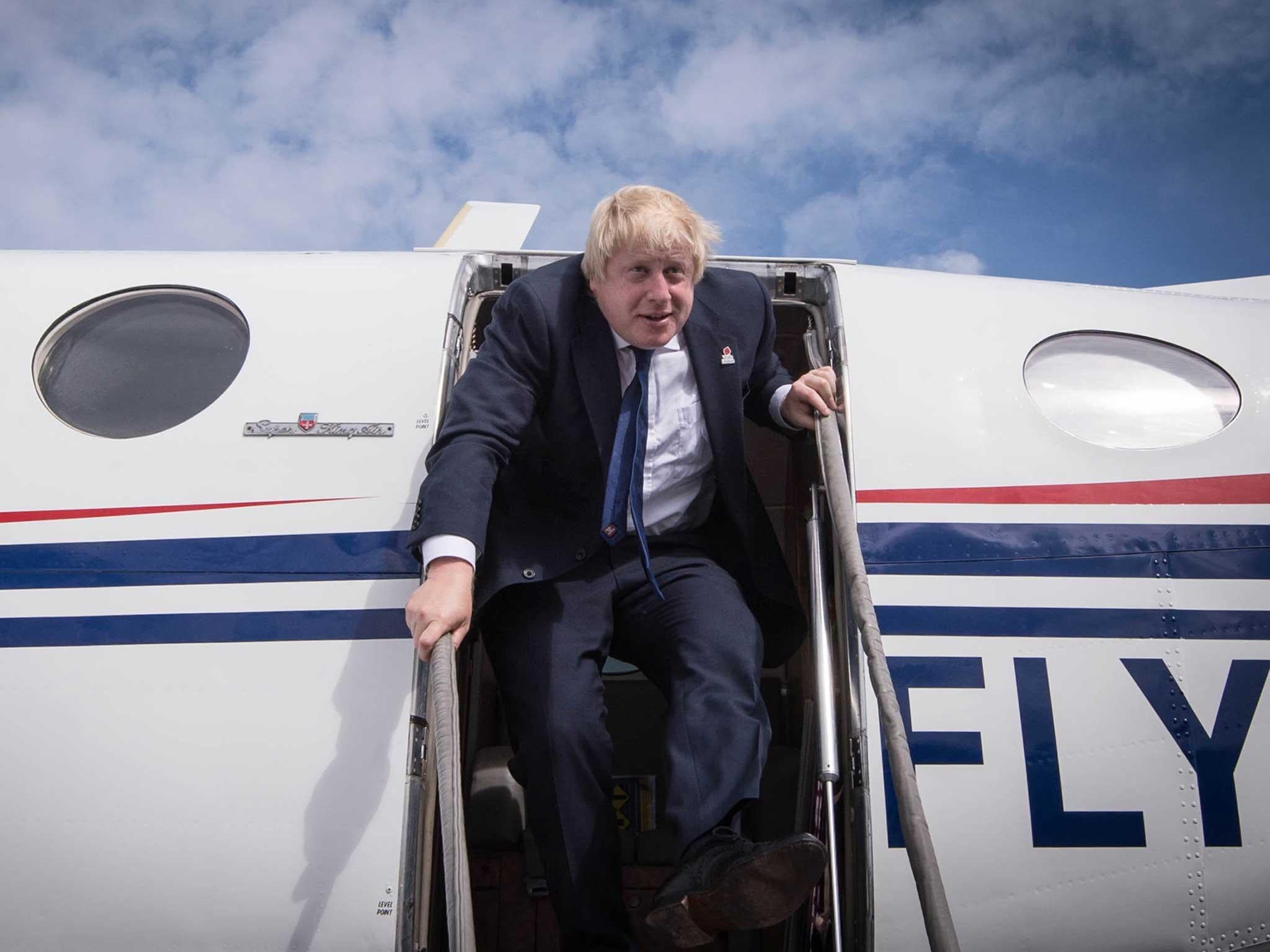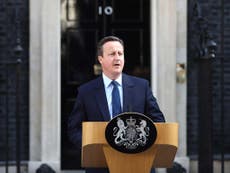Boris Johnson is wrong about Brexit – it has stripped us of our global influence, as the Foreign Secretary admits
Our PM-in-waiting says leaving the European Union is a ‘glorious opportunity’. Perhaps he doesn’t realise our ‘fifth largest economy’ is actually 25th by per capita GDP


Among the myriad areas of UK policy that will be affected by the vote to leave the European Union, foreign policy is one that was rarely touched on during the campaign. Within hours of the result being announced, however, it became clear that this would be one of the earliest areas to reflect the Brexit victory and could be one of the most contested.
The Foreign Secretary, Philip Hammond, anticipating perhaps that the cares of office would soon be lifted from his shoulders, talked early in the day and with unusual frankness. “No one can pretend that our voice will carry weight in the European Union as of today,” he told the BBC. The priority was “to calm the situation and stabilise the market” – which is presumably what he hoped to do in his interview.
An hour or so later, it was Boris Johnson’s turn – and his pitch on foreign policy could not have been more different. Brexit, he said, did not mean that the UK would be “any less European”. It did not involve “pulling up a drawbridge or some sort of isolationism - I think the opposite is true. We cannot turn our backs on Europe. We are part of Europe.“
Warming to his theme, he said: “We can find our voice in the world again, a voice that is commensurate with the fifth-biggest economy on Earth... I believe we now have a glorious opportunity.”
Hammond was reflecting a time when the UK was becoming more comfortable, or so it seemed, operating through the EU. The joint decision to impose sanctions on Russia after its annexation of Crimea was cited again yesterday as an example of effective EU action.
Working with the EU gave the UK a say in collaborative measures that would have had far less impact if taken individually. At the same time, it helped to compensate for the reluctance of the British public to support new military ventures, following the failed interventions in Iraq and Libya.
Working through the EU on trade policy amplified the UK’s clout many times over. Hammond was brutally realistic in acknowledging that this sort of influence within and beyond the EU was over.
In presenting the world as now being the UK’s oyster, the former mayor of London displayed the soaring ambition that has been his trademark. And in saying that Britain could find a commensurate voice again, he appeared to mean that the UK, no longer constricted by the EU, could once again be a global player. We could woo wider Europe, the Commonwealth, the US, China, India, on our own account, as the great trading and diplomatic power we can still be.
Entertaining as it was to watch Boris Johnson playing to the gallery on his foreign trade missions as London mayor, however, the notion that he and a new government could bestride something akin to a 19th century world seems at once archaic and unrealistic.
The UK may be the fifth largest economy now, but it will be caught up and overtaken by others before long. And it is only fifth largest now in crude volume. Its 25th ranking in per capita GDP (IMF figures) tells another, more accurate, story about standards of living in a country marked by low pay, low productivity and low skills.
The vision of an “independent” UK signing bilateral trade deals with great powers to mutual advantage, indulging in a spot of gunboat diplomacy in the event of disputes, and pleading with France to maintain the existing controls at Calais would quickly expose a country with limited means and allies, in Nato, useful for defence, but little else.
For the US and China, the UK shorn of its EU partners would be a small country and relatively unproductive, if well-connected country that would have to shrink its ambitions to match its means – how much an aspiring President Trump might praise its pluck.



Join our commenting forum
Join thought-provoking conversations, follow other Independent readers and see their replies